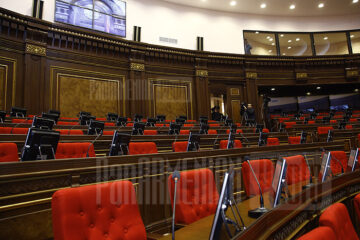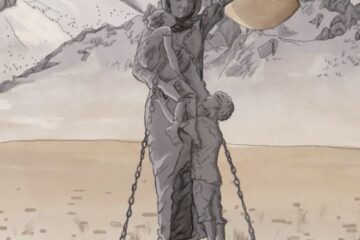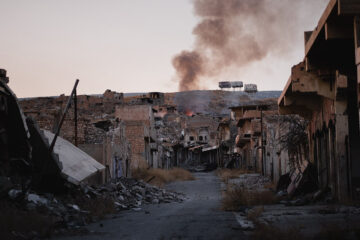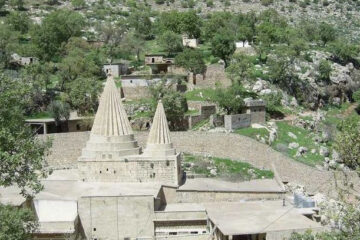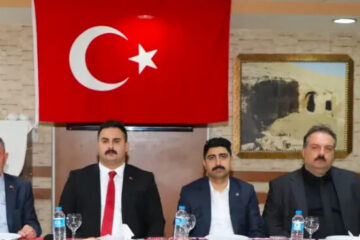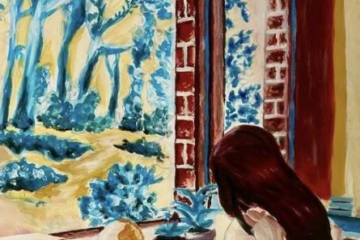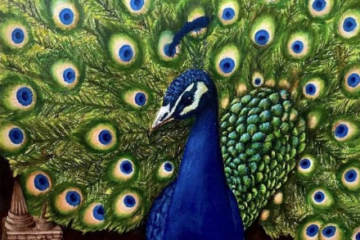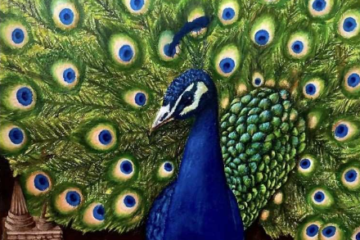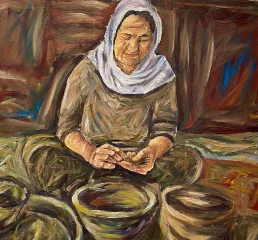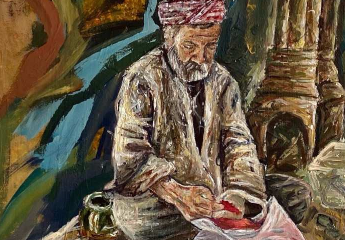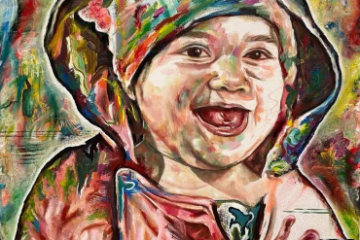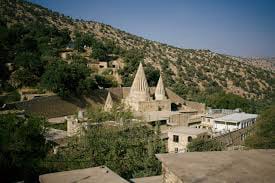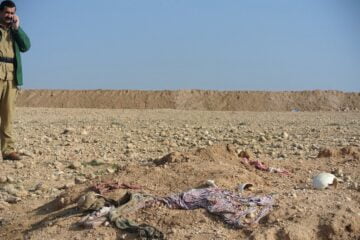Pourquoi y a-t-il un député représentant les kurdes au parlement arménien ?
Prostitution politique et historique entre l’Arménie et les kurdes – Erbil’s Armenian Consulate Marks Anniversary; Celebrates Armenian-Kurdish Relations dans la région du gouvernement régional kurde (KRG). Le consulat et le KRG ont parrainé une exposition censée présenter des « documents historiques et des photographies des communautés kurdes et minoritaires vivant en Arménie ». Là encore, cela pourrait sembler être une cérémonie et un anniversaire innocents. Cependant, Ezidi Times a examiné de plus près ce que cette exposition présentait, et a été choqué de découvrir que ces « documents historiques et photographies des communautés kurdes et minoritaires » concernaient en réalité les ezidis et les assyriens. Les rares documents étiquetés comme « kurdes » étaient en fait des documents et des photos ezidis, falsifiés ou étiquetés à tort comme « kurdes ».
